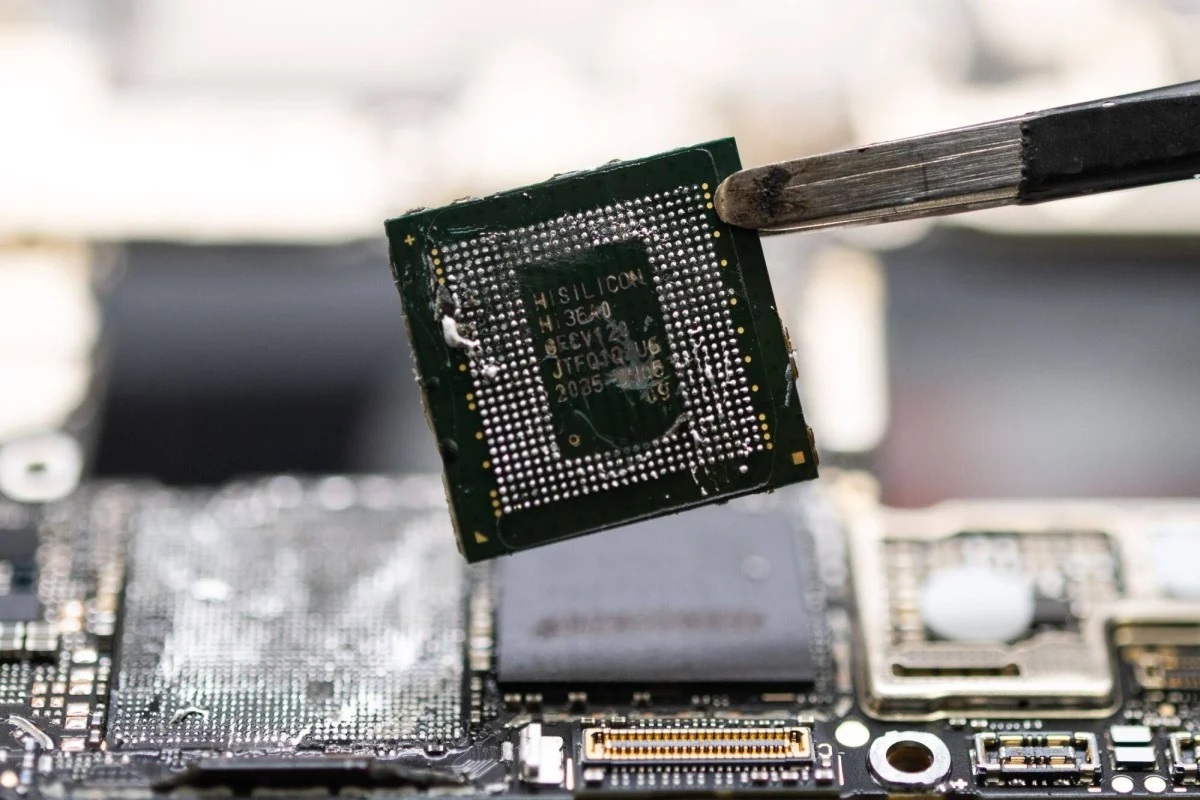Geopolitical tensions are escalating as Taiwan has taken a bold step by introducing new export restrictions that affect major Chinese tech giants like Huawei and SMIC. This move is seen as a significant shift in Taiwan’s stance, potentially aligning more closely with the policies of the Trump administration, particularly in the realm of technology. Beijing is far from pleased, and it has made it clear that there will be consequences for these actions. 
Taiwan’s decision to impose these restrictions marks the first time that Taiwanese authorities have targeted Chinese entities so directly, especially those with significant connections to Taiwan’s own tech ecosystem.
In a recent report, Chinese officials have accused Taiwan of showing loyalty to the US, calling the restrictions an endorsement of Washington’s anti-China stance. Beijing has promised to retaliate forcefully, vowing to protect its economic interests and safeguard the “normal order” of cross-strait trade. According to Zhu Fenglian from the Taiwan Affairs Office, attempts to “decouple” Taiwan from China will not slow down the country’s technological and industrial development. The Chinese government sees this as a challenge to its rise as a global technological power.
These new Taiwanese export controls require Chinese firms like Huawei and SMIC to obtain special licenses to do business within Taiwan. This regulation, if enforced, could severely disrupt their access to Taiwan’s semiconductor industry, which is crucial for the production of advanced AI chips. Taiwan plays a central role in the global tech supply chain, and any restrictions on Chinese companies could significantly hinder their operations. The broader goal behind these export controls seems to be to slow China’s technological progress, in line with the broader US strategy to curb the influence of Chinese tech companies.
For now, the exact nature of China’s retaliation remains unclear, but one thing is certain: tensions are expected to rise. The Chinese government’s aggressive response highlights the growing friction between Taiwan, China, and the US, with Taiwan caught in the middle of this high-stakes technological showdown. Chinese tech companies already face heavy scrutiny from the US government, which has warned other nations that using Huawei’s AI chips may violate export controls. This complex web of political and technological maneuvering is likely to continue shaping the future of global tech industries and international relations.
1 comment
Taiwan is stuck in a tough spot. Can’t win either way. 😬